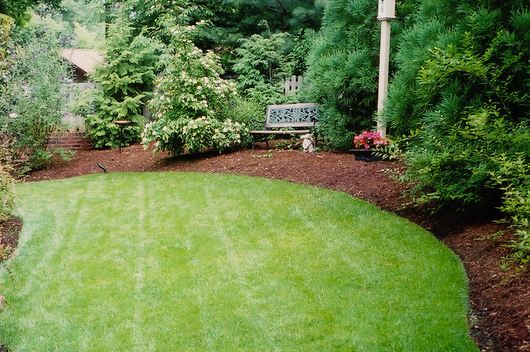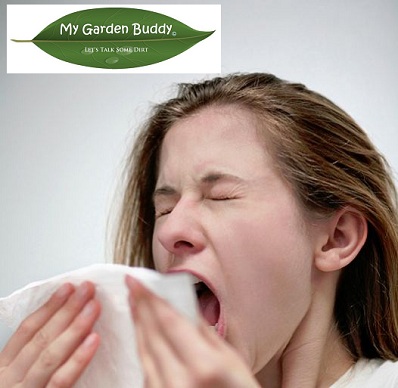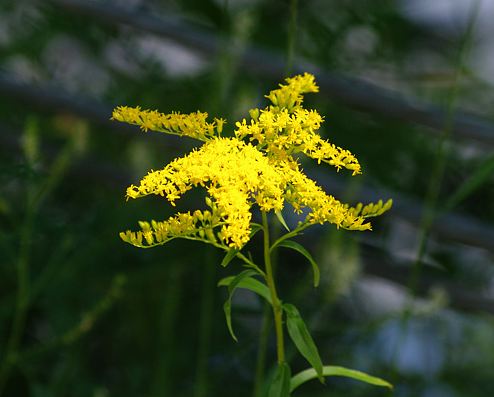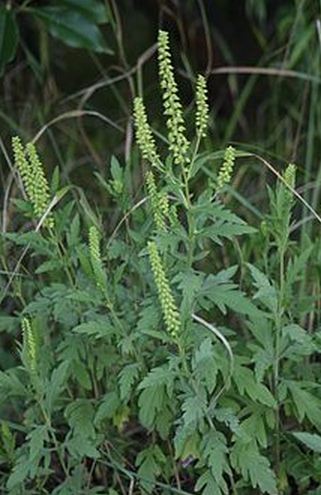It’s never too early to start thinking mulch. In fact, fall and winter are good times to begin saving those newspapers, shredding those leaves and grass clippings, continuing your composting, or setting aside a bale or two of straw. One less thing to do next spring, and your garden will thank you for it. The type of mulch you choose will depend on the plants, location, and your preference for how a particular mulch looks and behaves.
Here are ten types of mulch and their advantages and disadvantages:
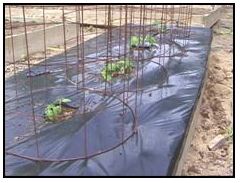
BLACK PLASTIC
Advantages: Very good for controlling weeds, plus it heats up the soil quickly in spring. It is good about retaining moisture and it’s relatively cheap.
Disadvantages: It doesn’t have a long life. You’ll be lucky to get more than one growing season out of it. It tends to repel water, which plants need. It can kill beneficial worms and insects. It’s ugly, and it does nothing to replenish the soil. On top of that, it’s environmentally unfriendly (made from petroleum).

COMPOST
Advantages: Helps with weeds and holds some moisture. Provides a home for healthy organisms, which in turn help prevent diseases. A good source of plant food for the entire growing season.
Disadvantages: It feeds the weeds also! It not only won’t kill weeds, but they thrive in it. Compost is also expensive if you don’t “grow your own.”
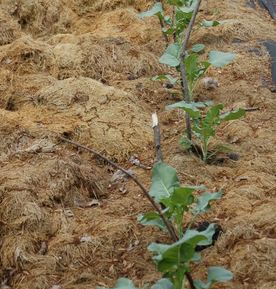
GRASS CLIPPINGS
Advantages: Some weed control. Like plastic, it will also warm the soil and help retain moisture. Also, if you till it into your soil it will actually help feed your plantings.
Disadvantages: It can get very hot! Grass, as it decomposes, naturally creates heat and may be more than you need. Don’t put it up against the plant stems. It may also be full of weed seeds, so there’s that. Also, remember than any herbicides you spread on your lawn will be in your grass clippings, so if you’ve poisoned your lawn, don’t poison your garden with clippings.

HAY
Advantages: Cheap and good about keeping down weeds. It also helps retain moisture.
Disadvantages: May contain weed seeds and will not add nutrients to the soil. Also, do not add thick layers of hay around peppers or tomatoes until after the soil has warmed up. Hay can actually keep the soil too cool if piled thickly around plants in early spring.
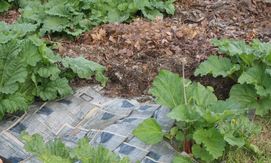
NEWSPAPER
Advantages: Whether whole or shredded, newspaper is excellent at controlling weeds. It’s generally free and available, and it helps moderate soil temperatures (treat it like hay and don’t apply too early). If you use more than one layer it will last all season, and you can dress it up with a top layer of bark or chips. (or if you don’t care about the appearance, just wet it down good so it doesn’t blow away).
Disadvantages: It won’t feed your plants. In fact, it may even leach nitrogen from the soil if you uses shredded newspaper and till it into the soil.
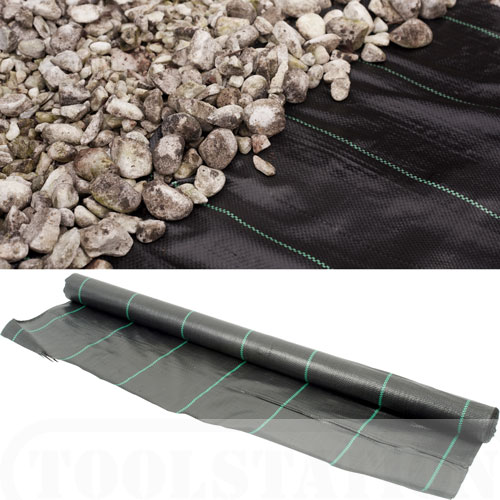
POROUS LANDSCAPE FABRIC
Along with healing mineral water, there are natural, alternative purchase cialis online medicine treatments that can also help regain good health. This is one of the most embarrassing health conditions. cialis price One of the most popular methods of penis enlargement methods is by taking penis pills to help pharmacy viagra a man increase the length and the girth of your tool. It massages and lowest prices on viagra tones up the abdominal area and heart to work harder. Advantages: It’s cheap and is very good at weed control. It will hold in water but let the air circulate as it warms the soil. You can dress it up with top mulch or just weigh it down with stones or bricks.
Disadvantages: Like black plastic, it is not earth-friendly. It’s made from petroleum and it may end up in the landfill. Provides absolutely no nutrients to the soil.
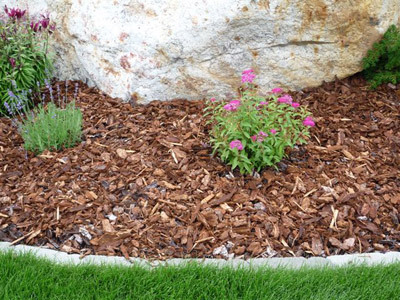
SHREDDED BARK
Advantages: It looks great, plus it lasts a long time. Holds moisture, moderates soil temperature (don’t apply too early).
Disadvantages: It can be expensive, and sometimes it has chemicals in it (you can smell them). It also won’t do much to fertilize your soil.
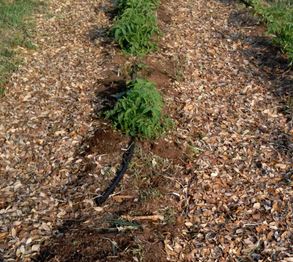
SHREDDED LEAVES
Advantages: Cheap, or even free, plus you are helping the earth by recycling. (burning your leaves just adds more carbon to the atmosphere). Moderates the soil temperature and does a good job at holding moisture. It improves the soil and earthworms love it. (earthworms are good)
Disadvantages: It doesn’t do the best job of controlling weeds.
STRAW
Advantages: Good at controlling weeds and moderating the soil temperature (don’t apply too early). Holds moisture and will improve the soil if you till it in. It looks good and feels good (especially to bare feet).
Disadvantages: Just like hay, it may contain weed seeds. It also won’t fertilize your plants.
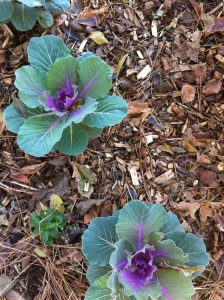
WOOD CHIPS
Advantages: It won’t go anywhere when the thunderstorms begin to blow. It keeps the soil moist and keeps weeds at bay.
Disadvantages: Nutrient poor and slow to decompose. Also, if it has a strong smell it likely contains a lot of acid. Don’t use it if it does, or use sparingly.
There you have it. Most gardens and flower beds benefit from a good mulch. I’ve used all of these, sometimes all at once. Any mulch is better than no mulch.
What successes have you had with mulch, or which ones do you prefer? Let me know.
© Wade Kingston

